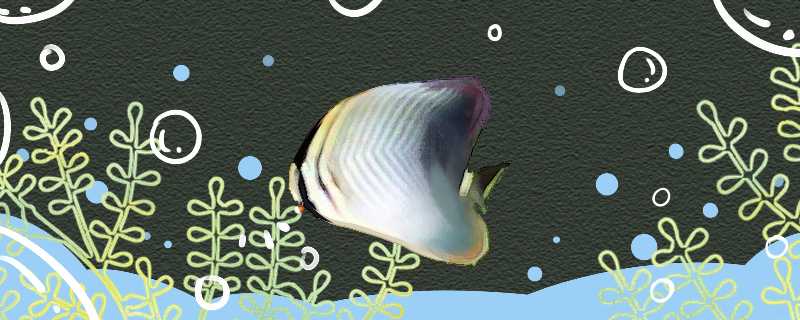
? The difficulty of breeding the Indian Ocean emperor butterfly is moderate. In terms of water temperature, it has certain requirements for temperature, with 25 C as the best. At the same time, it also has higher requirements for water quality, which should be weakly alkaline. And the water quality needs to have a high degree of cleanliness, and the water quality needs to be replaced every week. In terms of diet, although it is an omnivorous fish, it mainly eats animal feed, and can also feed some synthetic feed, but it needs to pay attention to the amount of feeding. Generally speaking, it belongs to the fish with medium difficulty in breeding.
butterflies in the Indian Ocean 1. Water temperature: In the daily maintenance process, the water temperature should be controlled between 22-26 degrees Celsius. If the temperature is too low, a heating rod can be used for heating. At the same time, we should also pay attention to the temperature can not be too high, more than 30 degrees Celsius also need to be reduced.
2. Water quality: The most suitable water for their growth should be weak alkaline water with PH value between 8.1 and 8.4. In the daily maintenance process, the water must be kept clean, and the water needs to be changed twice a week, and the amount of each change can be one third or one quarter.
3. Feeding: Although it is an omnivorous animal, it is mainly fed with animal feed, such as shrimp, and some synthetic feed with better quality can also be fed. They should be fed twice a day to provide them with adequate nutrition.
4. Polyculture: Because it is highly aggressive to the same kind, it is better not to breed together. Just put one in a fish tank.